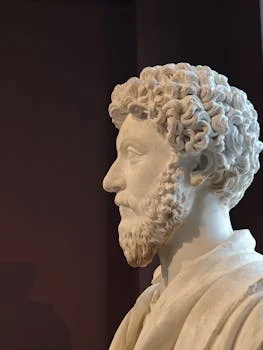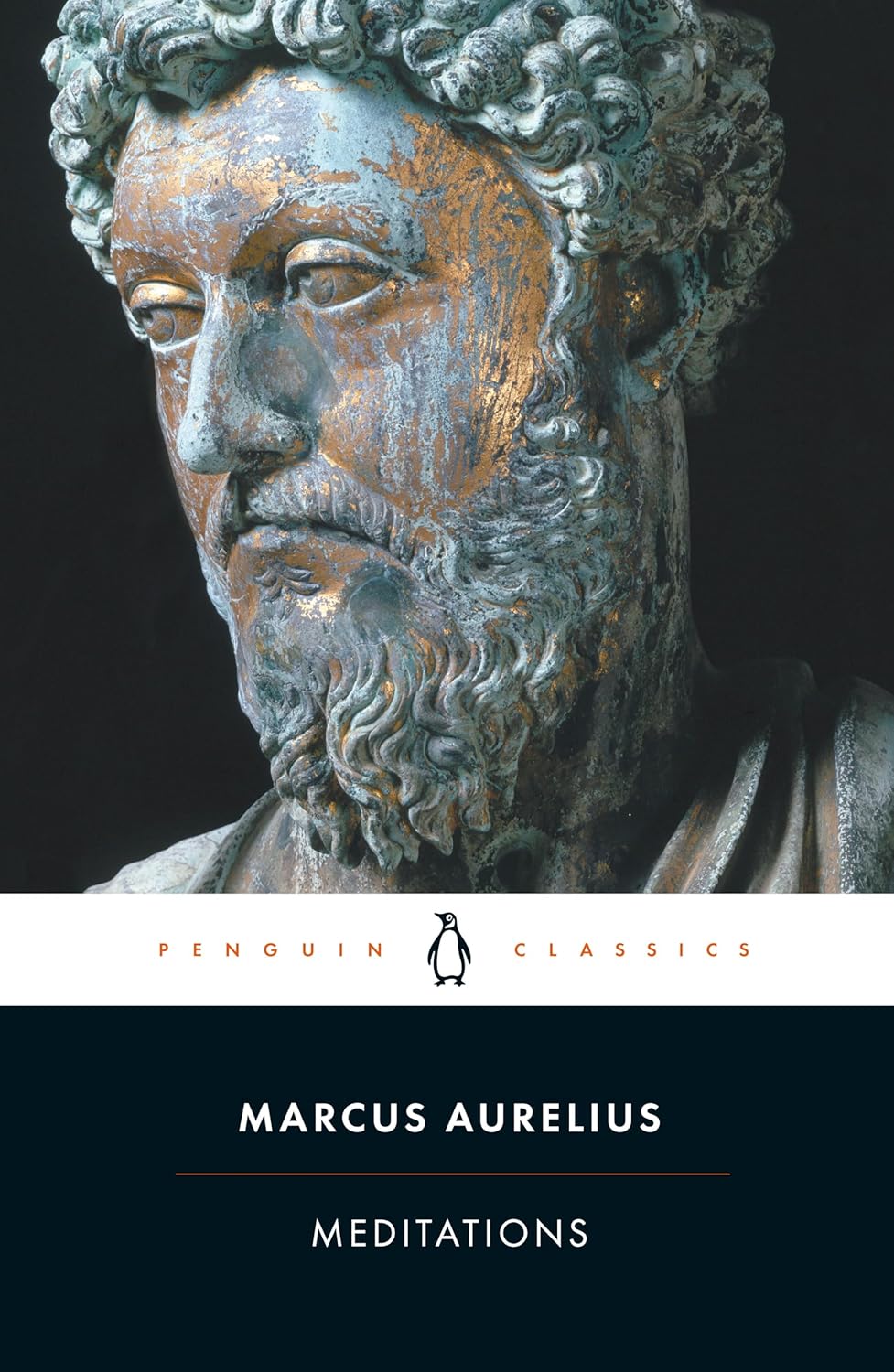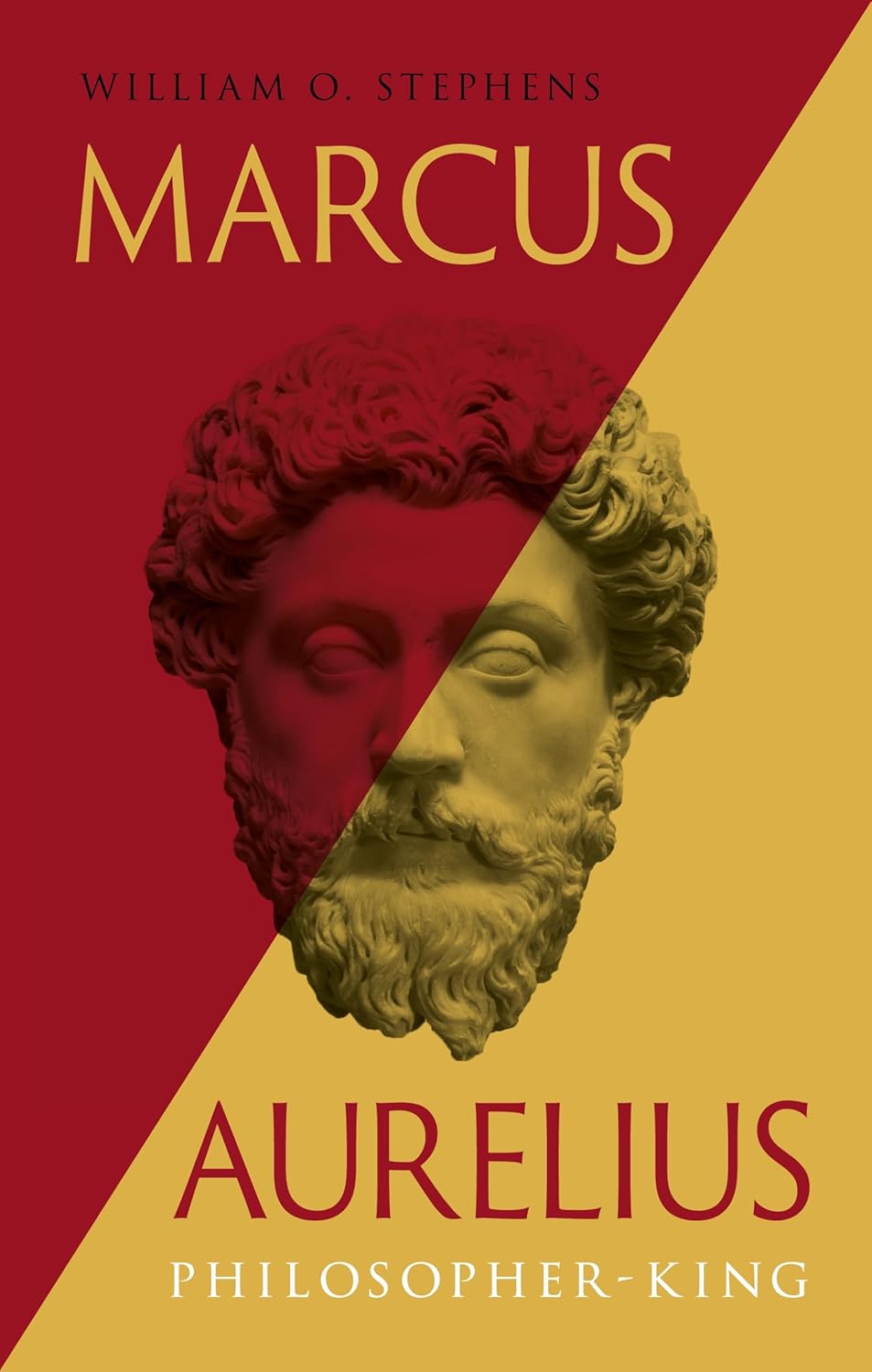This meme quote by Marcus Aurelius mirrors Jesus' command to "love our enemies." However, that is not the source for Aurelius. Instead, he believes it is simply a "duty" inherent in the nature of being a human being. Or to put in the negative: We are not human, if we fail to love those who do us wrong. What do you think about those ideas? Below is more about Aurelius.
Marcus Aurelius was a Roman emperor who ruled from 161 to 180 CE, and is best known for his philosophical writings. He was born on April 26, 121 CE, in Rome, into a wealthy and influential family. His full name was Marcus Aurelius Antoninus Augustus, and he was originally named Marcus Annius Verus.
Growing up, Marcus Aurelius received an excellent education, studying rhetoric, law, and philosophy. He was greatly influenced by the Stoic philosophers, particularly Epictetus and the Roman statesman Seneca. These teachings would have a profound impact on his personal and political life.
Marcus Aurelius became emperor in 161 AD, following the death of his adoptive father, Emperor Antoninus Pius. He ruled alongside his adopted brother, Lucius Verus, but it was Marcus who assumed the primary responsibilities of governance. His reign was marked by a series of military campaigns and challenges, including wars against the Parthian Empire in the East and the Germanic tribes in the North.

Despite the challenges he faced as emperor, Marcus Aurelius is perhaps best remembered for his philosophical reflections, which he recorded in a series of private notes known as the "Meditations." These writings are considered one of the greatest works of ancient Stoic philosophy, offering insights into Marcus' thoughts on duty, virtue, and the nature of the universe.
Marcus Aurelius was renowned for his adherence to Stoic principles, particularly the concept of living in harmony with nature and accepting what cannot be changed. He believed in the importance of self-discipline, resilience, and moral virtue. Despite his power and authority, he maintained a humble and modest lifestyle, eschewing luxury and extravagance.
Marcus Aurelius died on March 17, 180 AD, while on a military campaign in present-day Austria. He was succeeded by his son, Commodus, whose reign would be marked by corruption and decline. Marcus Aurelius is remembered as one of the "Five Good Emperors" of Rome, along with Nerva, Trajan, Hadrian, and Antoninus Pius, for his competence, integrity, and commitment to philosophical principles. His "Meditations" continue to be studied and admired for their timeless wisdom and insight into the human condition.




